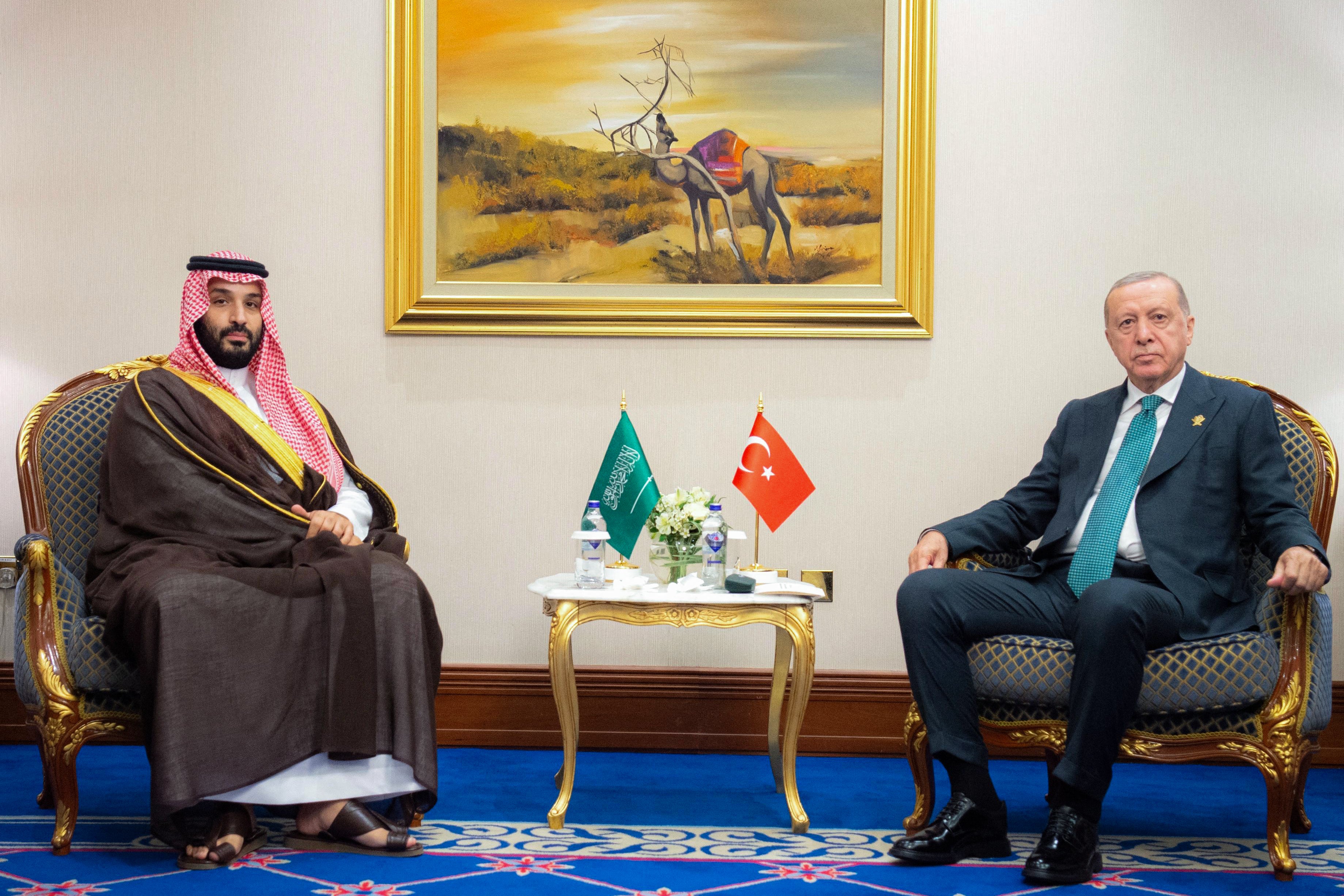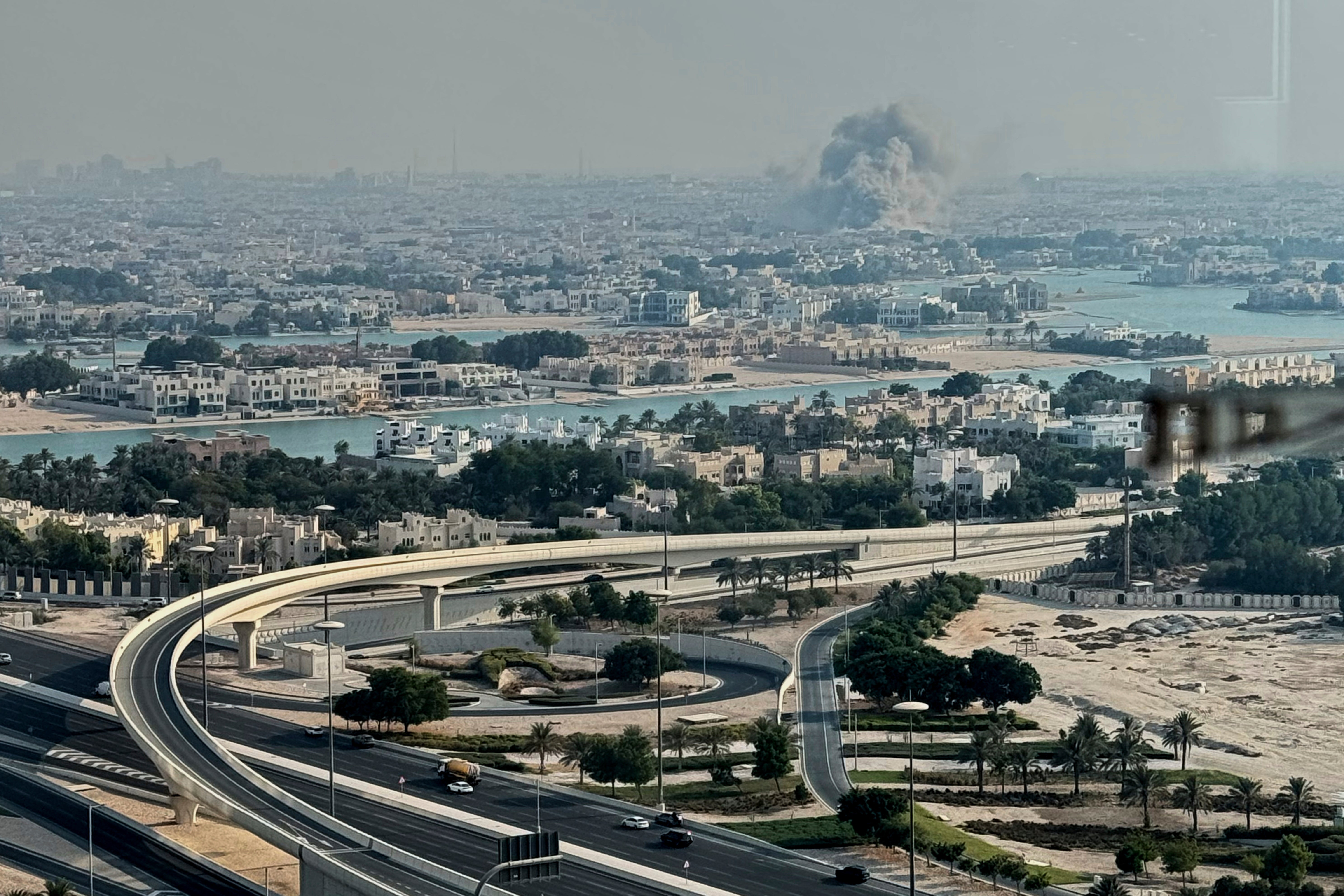
Saudi Arabia and nuclear-armed Pakistan have cemented a mutual defence pact, stipulating that any aggression against one nation will be treated as an attack on both. This pivotal agreement follows an Israeli strike on Qatar, adding a new layer to regional security dynamics.
The two states have long maintained profound economic, religious, and security ties, with reports indicating Saudi Arabia's financial support for Islamabad's development of its nuclear arsenal. For years, observers and even Pakistani diplomats have suggested the kingdom could potentially benefit from Pakistan's nuclear umbrella, a consideration amplified by growing concerns over Iran's atomic programme.
But the timing of the pact appeared to be a signal to Israel, long suspected to be the Middle East's only nuclear-armed state, which has conducted a sprawling military offensive since Hamas' Oct. 7, 2023, attack on Israel stretching across Iran, Lebanon, the Palestinian territories, Qatar, Syria and Yemen.
Israel did not immediately acknowledge the pact, which was the first firm defense decision made by a Gulf Arab country since the Qatar attack last week.
Saudi Arabia’s powerful Crown Prince Mohammed bin Salman signed the pact Wednesday with Pakistan’s Prime Minister Shehbaz Sharif.

While not specifically discussing the bomb, the agreement states “any aggression against either country shall be considered an aggression against both,” according to statements issued by both Pakistan’s Foreign Affairs Ministry and the state-run Saudi Press Agency.
“This agreement ... aims to develop aspects of defense cooperation between the two countries and strengthen joint deterrence against any aggression,” the statement said.
Pakistan and Saudi Arabia have a defense relationship stretching back decades, in part due to Islamabad's willingness to defend the Islamic holy sites of Mecca and Medina in the kingdom. Pakistani troops first traveled to Saudi Arabia in the late 1960s over concerns about Egypt's war in Yemen at the time. Those ties increased after Iran's 1979 Islamic Revolution and the kingdom's fears of a confrontation with Tehran

Pakistan developed its nuclear weapons program to counter India's atomic bombs. However, there long have been signals of the kingdom's interest in the program. Retired Pakistani Brig. Gen. Feroz Hassan Khan, in his book on his country's nuclear weapons program called “Eating Grass: The Making of the Pakistani Bomb,” said Saudi Arabia provided “generous financial support” for its effort.
In a 2007 U.S. diplomatic cable published by WikiLeaks, American diplomats in Saudi Arabia noted that their Pakistani counterparts had brought up the idea of the kingdom pursuing a weapons program alongside Islamabad.
“According to these officials, they understand that (Saudi Arabia) does want to protect itself and the region, and since, in their opinion, some of the other regional players — specifically Egypt — are unable to develop such weapons systems due to financial constraints, it is logical for the Saudis to step in as the physical ‘protector’ just as the they have been increasingly stepping in as peace mediators in various regional conflicts,” the cable read.
Saudi Arabia has sought to U.S. assistance to advance a civilian nuclear power program, in part with what had been a proposed diplomatic recognition deal with Israel prior to the 2023 Hamas attack. That could allow Saudi Arabia enrich uranium in the kingdom — something that worries nonproliferation experts as spinning centrifuges opens the door to a possible weapons program. Prince Mohammed has said the kingdom would pursue a nuclear weapon if Iran had one.
Before the defense pact was signed, Iran dispatched Ali Larijani, a senior political figure who now serves as the secretary of the country's Supreme National Security Council, to visit Saudi Arabia. That may have seen the kingdom acknowledge the pact to Tehran, with which it has had a Chinese-mediated détente with Iran since 2023.







